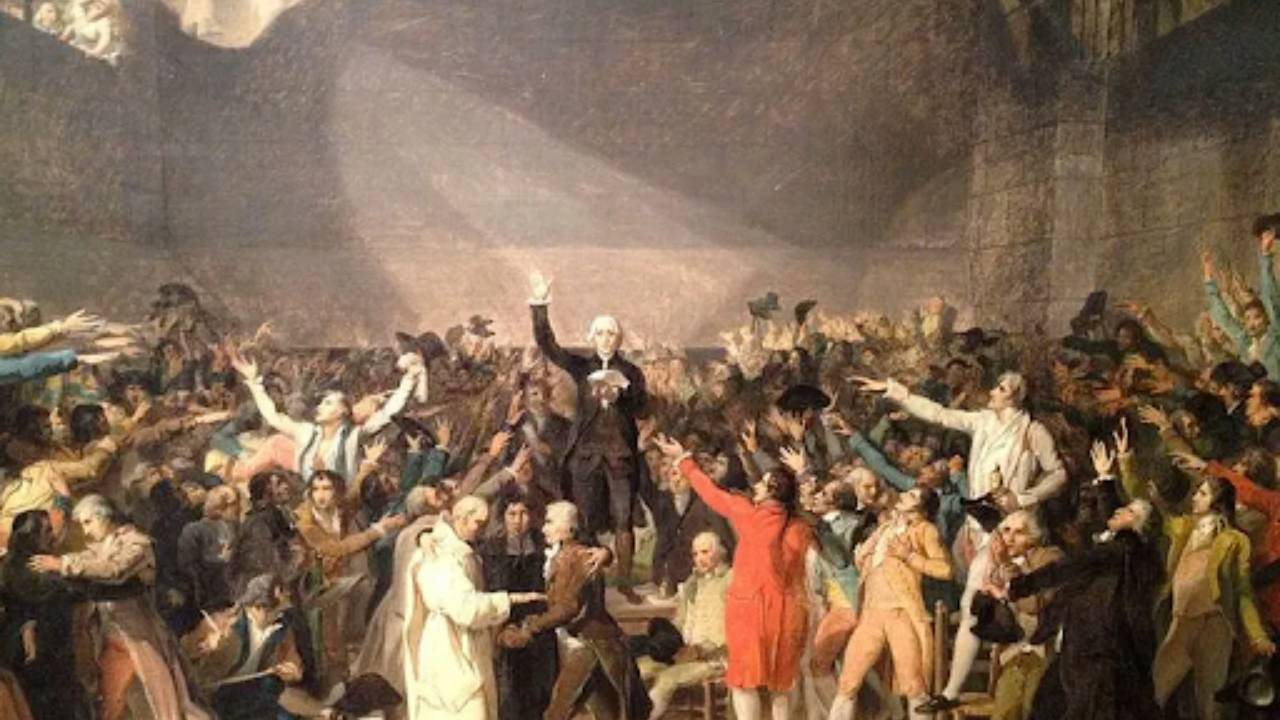Unit 15: New Ideas Lead to Revolution (1700s) Overview
Unit 15: New Ideas Lead to Revolution (1700s)

Unit 15: New Ideas Lead to Revolution (1700s)
Unit 15: New Ideas Lead to Revolution (1700s)
This unit emphasizes how scientists, writers, and philosophers were able to bring about a period of enlightenment.
The American Revolution (1775-83) is also known as the American Revolutionary War and the U.S. War of Independence. The conflict arose from growing tensions between residents of Great Britain’s 13 North American colonies and the colonial government, which represented the British crown. Skirmishes between British troops and colonial militiamen in Lexington and Concord in April 1775 kicked off the armed conflict, and by the following summer, the rebels were waging a full-scale war for their independence. France entered the American Revolution on the side of the colonists in 1778, turning what had essentially been a civil war into an international conflict. After French assistance helped the Continental Army force the British surrender at Yorktown, Virginia, in 1781, the Americans had effectively won their independence, though fighting would not formally end until 1783.
Unit Focus
- leaders in the scientific revolution
- ideas of individual thinkers and show how they relate to American ideas
- causes of the American Revolution
Vocabulary
Lesson Reading
Videos and Interactives (Click on Images to View Content)

